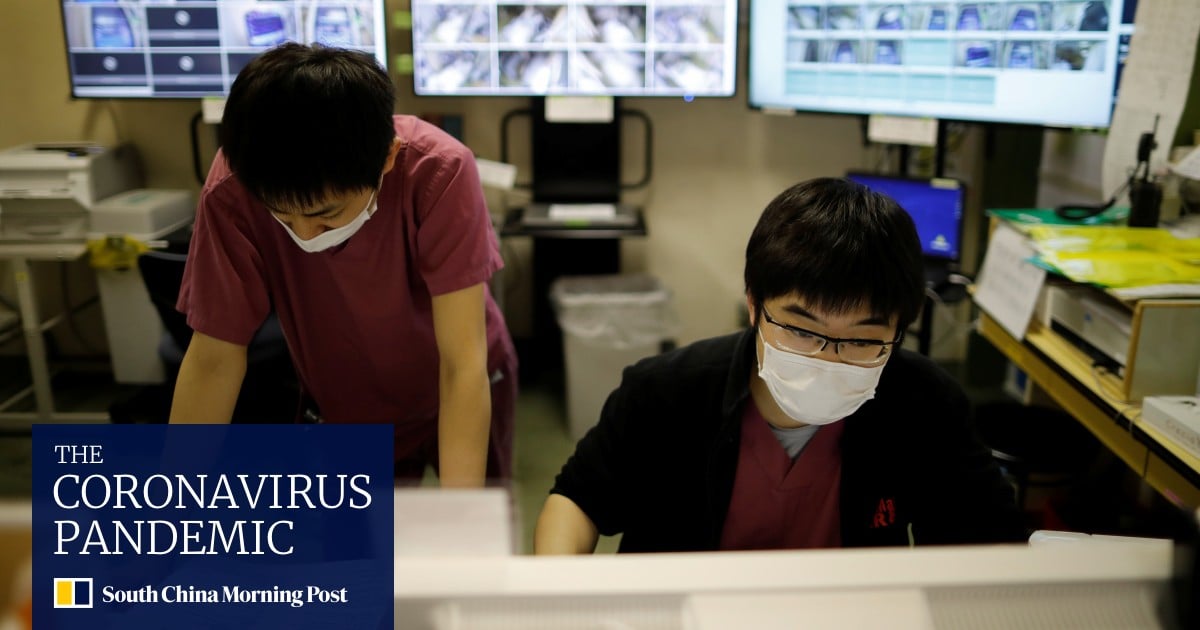Picture a Japanese hospital during the coronavirus pandemic’s peak: doctors treating patients while case numbers climbed, then sitting down with pen and paper to handwrite each infection report before walking to a fax machine. This was the legal requirement for coronavirus reporting in Japan during April 2020, when speed seemed essential but institutional protocol demanded fax technology that many assume is outdated.
Hospitals were legally required to complete coronavirus case paperwork by hand and fax it to public health centers, according to the South China Morning Post. One doctor called the practice “Showa period stuff” – referring to Japan’s pre-1989 era – while social media critics described it as “a mistake not to utilise modern technology” during a global health emergency.

A Country Where Fax Machines Remain Ubiquitous
Japan’s coronavirus reporting requirements didn’t emerge in a vacuum. A government study revealed that “virtually every office” and “one in three households” have fax machines – a level of penetration that explains why officials could assume hospitals had the infrastructure for mandatory fax reporting.
This widespread fax availability reflects something deeper than technological preference. Japanese institutions have developed workflows around fax machines that prioritize documentation reliability and legal compliance. When facing a pandemic crisis, these institutions defaulted to their most trusted communication methods rather than experimenting with new systems.
When Emergency Response Meets Institutional Tradition
During the pandemic’s peak months, this manual process meant healthcare workers spent precious time on paperwork while managing overwhelming patient loads. Each case report required handwriting patient details, completing forms, and physically operating fax machines – a workflow that seemed disconnected from the urgency surrounding them.
Healthcare professionals found themselves caught between pandemic speed requirements and institutional protocols that prioritized documentation certainty. The tension revealed how deeply fax-based workflows had become embedded in Japan’s healthcare infrastructure, even when circumstances demanded rapid communication.
When Tradition Meets Global Crisis
The contrast between pandemic urgency and Japan’s methodical fax requirements created a uniquely revealing moment. While other nations rapidly deployed digital reporting systems, Japan demonstrated confidence in communication methods that had served institutions reliably for decades.
The government did plan to allow email reporting starting May 10, 2020 – but only after ensuring new digital processes met the same documentation standards that made fax reporting legally acceptable. This careful approach reflected institutional priorities that valued proven reliability over speed of adoption.
Healthcare workers navigating this system during the pandemic’s intensity experienced firsthand how institutional communication choices shape daily work routines. Their experience with mandatory fax reporting revealed the practical reality of how deeply embedded fax protocols had become in Japan’s healthcare infrastructure.
Japan’s coronavirus fax reporting demonstrates how countries maintain distinct relationships with communication technology – relationships that persist even during global emergencies when those technologies might seem counterintuitive to outside observers.
While we’re on the subject: need to send a fax to Japan? Click here to get faxing.
